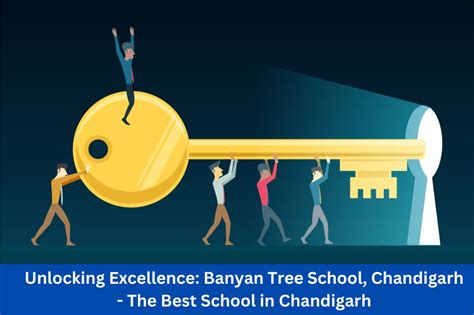New York City, a global metropolis renowned for its cultural vibrancy, is also home to an exceptional array of private schools that provide students with an unparalleled educational experience. These institutions offer tailored curricula, world-class facilities, and a nurturing environment conducive to academic and personal growth.

Shining Stars: Top-Rated Private Schools
According to Niche, a renowned school ranking platform, the following institutions emerge as the pinnacle of private education in New York City:
| Rank | School | Niche Grade |
|---|---|---|
| 1 | Dalton School | A+ |
| 2 | Horace Mann School | A+ |
| 3 | Trinity School | A+ |
| 4 | Buckley School | A+ |
| 5 | Brearley School | A+ |
Beyond the Rankings: Criteria for Choosing the Right School
While rankings provide a valuable starting point, it’s crucial to consider your child’s specific needs and aspirations when selecting a private school. Key criteria to evaluate include:
-
Academic Offerings: Explore the school’s curriculum, Advanced Placement (AP) course availability, and specialized programs to ensure alignment with your child’s academic trajectory.
-
Faculty and Staff: Seek schools with qualified and experienced teachers, a favorable student-teacher ratio, and a dedicated support staff for students’ social and emotional well-being.
-
Facilities: Consider the availability of modern classrooms, labs, libraries, athletic fields, and other amenities that enhance the learning environment.
-
Financial Aid: Explore the school’s financial aid policies and scholarships to determine if the educational costs align with your financial capabilities.
-
School Culture: Prioritize schools that foster a positive and inclusive community, promote diversity, and encourage student involvement in extracurricular activities.
Common Mistakes to Avoid
-
Relying Solely on Rankings: While rankings can be helpful, they should not be the sole determinant. Conduct thorough research and visit prospective schools to form your own opinions.
-
Overlooking Values and Mission: Ensure that the school’s values and mission align with your family’s beliefs and educational goals.
-
Ignoring Faculty Qualifications: Seek schools with teachers who hold advanced degrees, have experience in their field, and are passionate about education.
-
Neglecting Social and Emotional Support: Choose a school that prioritizes students’ mental health, provides counseling services, and fosters a supportive environment.
-
Overlooking Financial Aid: If cost is a concern, explore all financial aid options and scholarships to maximize affordability.
Frequently Asked Questions
-
What is the cost of private schools in New York City? Tuition fees can vary significantly, ranging from $40,000 to $60,000 per year on average.
-
How do I apply to private schools? Application processes typically involve submitting an application form, providing transcripts and test scores, writing essays, and attending an interview.
-
Are there any religious affiliations associated with private schools? Yes, some private schools have religious affiliations, while others are secular. It’s important to choose a school that aligns with your family’s religious beliefs.
-
Do private schools have standardized testing requirements? Yes, many private schools require students to take standardized tests such as the Independent School Entrance Exam (ISEE) or the Secondary School Admissions Test (SSAT).
-
What are the benefits of attending a private school? Private schools offer smaller class sizes, individualized instruction, advanced coursework, and a focus on extracurricular activities.
-
How do I prepare my child for private school admissions? Encourage your child to excel academically, develop strong extracurricular interests, and seek out opportunities to demonstrate their leadership potential.
-
What is the most important factor to consider when choosing a private school? The best school for your child will depend on their individual needs and aspirations. Consider academic offerings, faculty qualifications, school culture, and financial aid options to make the most informed decision.
